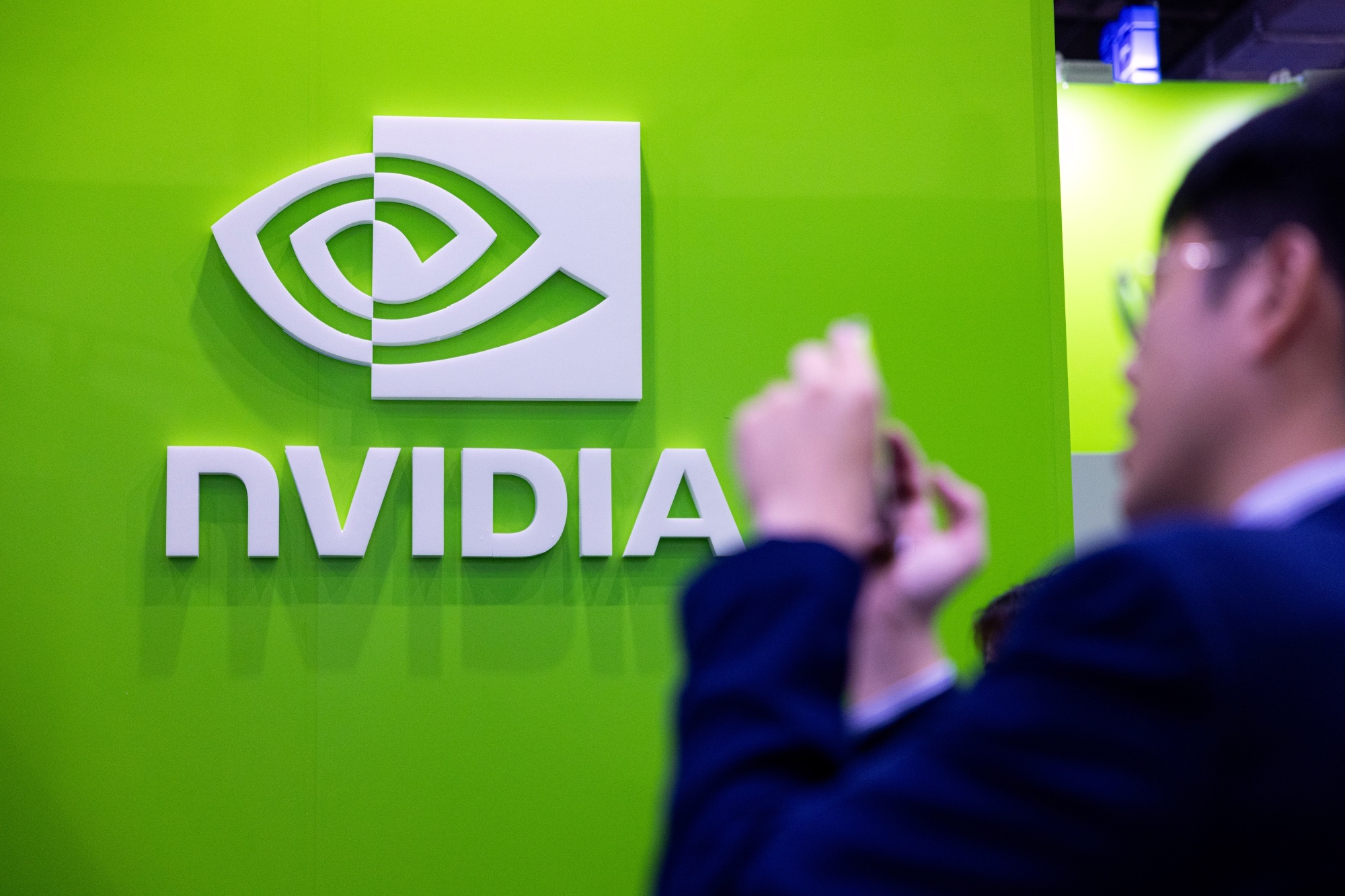
Amid escalating US-China trade tensions, the semiconductor industry has become the focus of strategic competition. Washington's high-tech export restrictions have left many US technology corporations, including Nvidia, at risk of losing one of the world's largest markets.
As the world's leading chipmaker, Nvidia is under pressure to comply with US policy while maintaining trade relations with China, where demand for AI chips is exploding.
In that situation, CEO Jensen Huang took an unusual step by stepping directly into politics, lobbying both Washington and Beijing. Closed-door meetings with President Donald Trump, policymakers, and Chinese officials opened the door to reversing some export restrictions.
Turn the tables
Nvidia CEO Jensen Huang has spent months working quietly in Washington and Beijing to protect tens of billions of dollars in chip sales from the impact of the US-China trade war.
Huang convinced President Donald Trump that restricting U.S. chip exports to China would be counterproductive, forcing the East Asian nation’s leading technology companies to develop their own alternatives. He argued that maintaining China’s dependence on U.S. technology was a wiser strategy. To bolster his argument, Huang pledged that Nvidia would invest up to $500 billion in the United States.
These arguments, along with the promise of massive investment, appear to have paid off. In July, the Trump administration unexpectedly granted China permission to buy Nvidia’s H20 artificial intelligence chip, designed specifically for that market to circumvent previous export restrictions. The news sent Nvidia shares up 4%, pushing its market capitalization above $4 trillion .
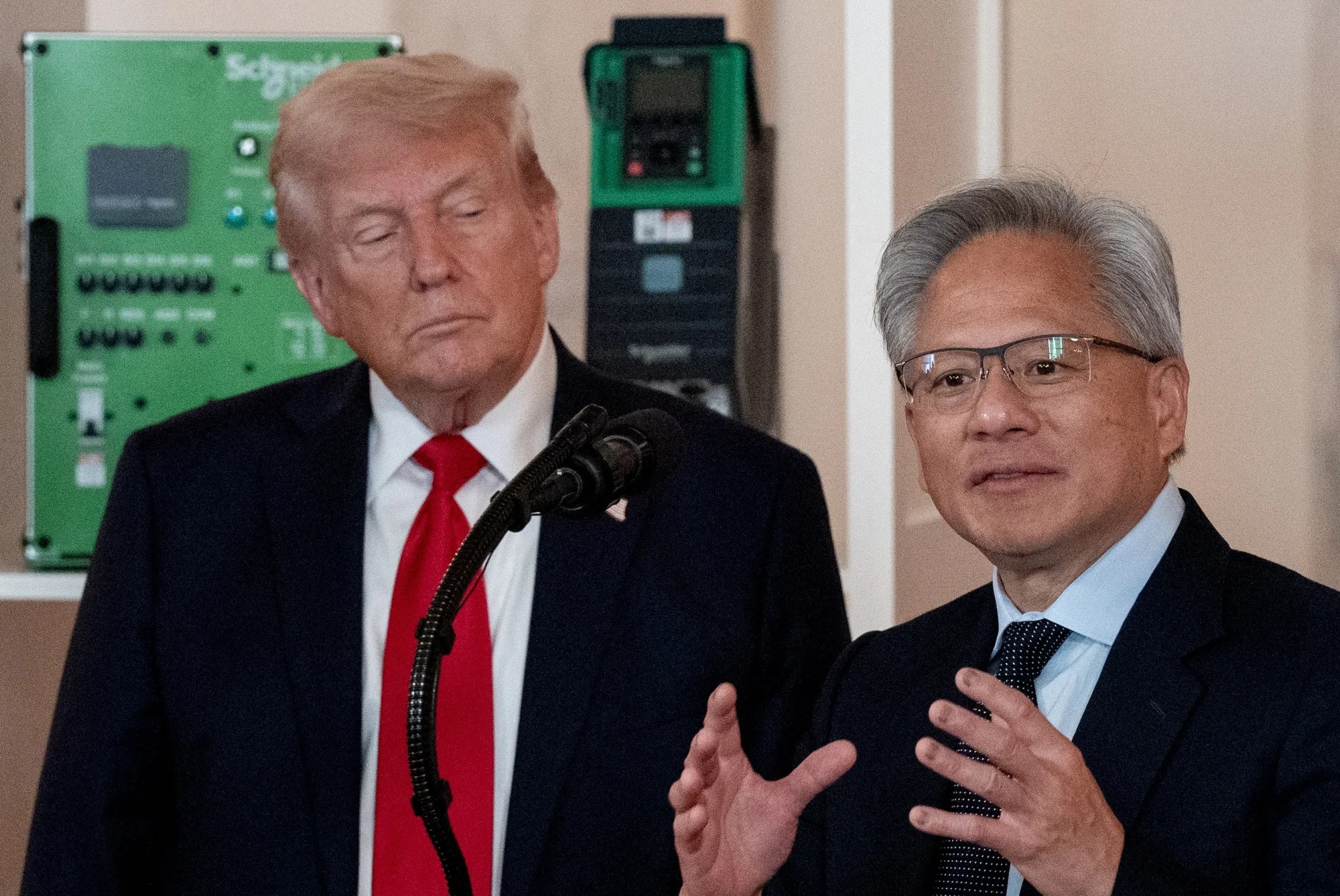 |
Jensen Huang convinced President Trump to license the sale of AI chips to China. Photo: aa . |
Beijing responded by greenlighting a $35 billion deal with U.S. chip software companies that had been delayed for more than a year and freezing an investigation involving Nvidia. Chinese officials expect Huang to continue lobbying Washington to ease export controls.
But in a White House meeting in early August, Trump added a demand to Nvidia that it give 20 percent of its chip sales in China to the federal government in exchange for an export license. Huang countered by only accepting the 15 percent offer. He briefed Trump on the negative impact of tariffs on U.S. chip production, and the president soon announced a tariff exemption for semiconductor imports for companies investing in the United States.
The decision to allow China to buy H20 marks a departure from previous policies that prioritized national security over business interests, and many believe it was a direct result of Huang’s lobbying.
Clever strategy
In Washington, Huang has praised both President Trump and the Chinese government. During a visit to Beijing in July, he praised the country’s technological progress. A secretary to President Xi Jinping said Beijing appreciated Nvidia’s contributions to global AI development.
However, many US lawmakers objected, fearing that Nvidia chips would help Chinese AI companies increase their power, thereby supporting the country's military. For its part, the chipmaker denied the above speculation, affirming that H20 does not increase military capabilities but only promotes global software development.
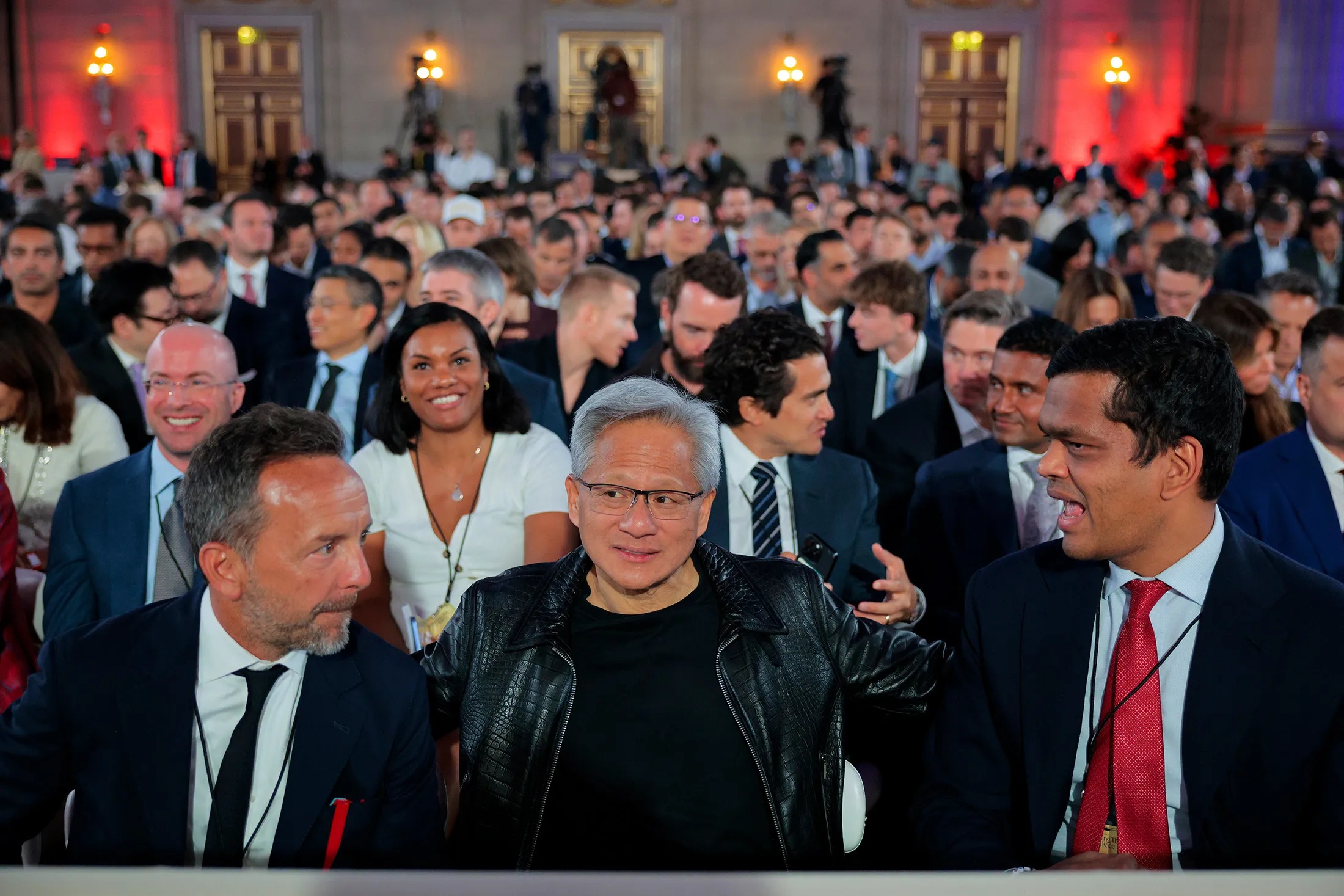 |
Jensen Huang directly entered politics to seek a favorable deal for Nvidia. Photo: Bloomberg . |
For years, Huang stayed out of American politics, sending subordinates to handle policy relations. It wasn’t until 2023, when he faced new export restrictions under former President Biden, that he began lobbying directly. Nvidia also hired former National Security Adviser Robert O’Brien to convey concerns about the advances of Huawei and Chinese AI companies.
In April, as the White House prepared to clamp down on H20 sales, Huang attended a fundraising dinner at Mar-a-Lago to reaffirm that selling chips to China did not threaten U.S. security and pledged to invest $500 billion in domestic projects. But Elon Musk intervened, warning Trump about the risks of letting advanced chips fall into Chinese hands.
Not willing to accept defeat, Huang stepped up his campaign. In May, he spent two hours before the House Foreign Affairs Committee, warning that too much restriction would let Huawei get ahead. At that point, Nvidia found allies in David Sacks, a prominent businessman, and Commerce Secretary Howard Lutnick.
Nvidia's dilemma
On July 10, Nvidia CEO met with President Trump at the White House, stressing Nvidia’s need for access to China’s AI market and workforce. Days later, while Mr. Huang was visiting Beijing, Trump announced his decision to allow the export of H20 chips. The move drew strong reactions from Democrats, led by Senator Mark Warner, who warned that China’s commercial AI was rapidly gaining an advantage over the military.
Huang has traveled to Beijing three times this year to shore up confidence among tech giants like Alibaba, Xiaomi and MiniMax. Chinese engineers have nicknamed him the “magic tailor” for his ability to design chips that comply with U.S. regulations.
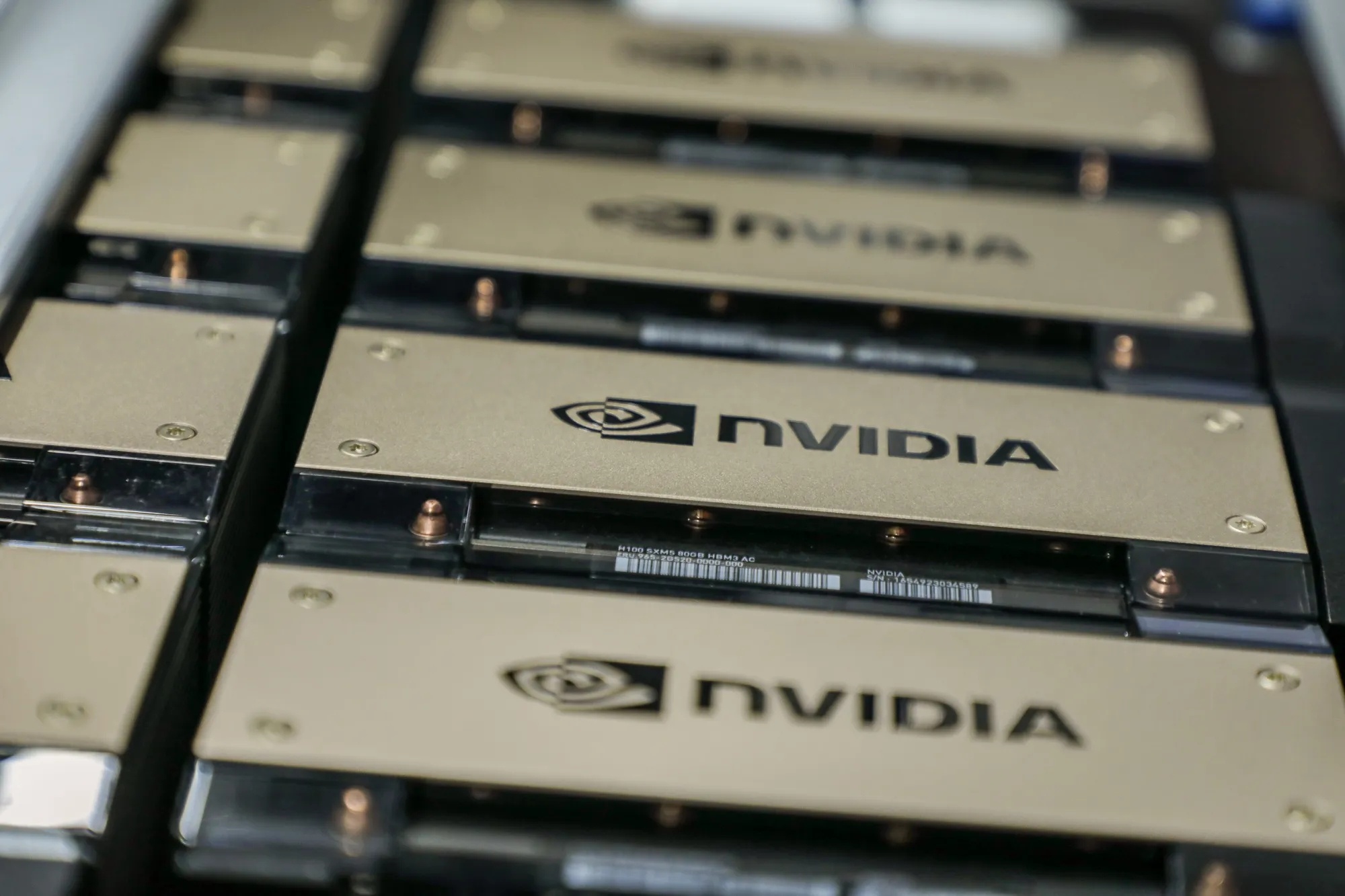 |
Nvidia's market share in China has fallen sharply. Photo: Bloomberg . |
However, Nvidia’s market share in China has dropped from 95% to 50% in the past four years. The Beijing government recently summoned Nvidia representatives, citing security risks of the H20 chip, as viewed by some US lawmakers. Meanwhile, Nvidia denied and affirmed that the company’s chips cannot train large AI models like ChatGPT, but only support “inference”.
The H20 is now meeting huge demand for Chinese open-source AI applications like DeepSeek and Qwen, paving the way for Nvidia to introduce its next-generation chip there, which will use the latest Blackwell architecture but will be further tweaked to comply with export restrictions.
“I hope to bring more advanced chips into China than the H20,” Huang said during a recent visit to China.
President Trump also said he allowed the export of H20 because the US has superior technology, while emphasizing that the most powerful products will not be exported without reducing performance.
Source: https://znews.vn/nvidia-thoat-hiem-nhu-the-nao-post1576264.html




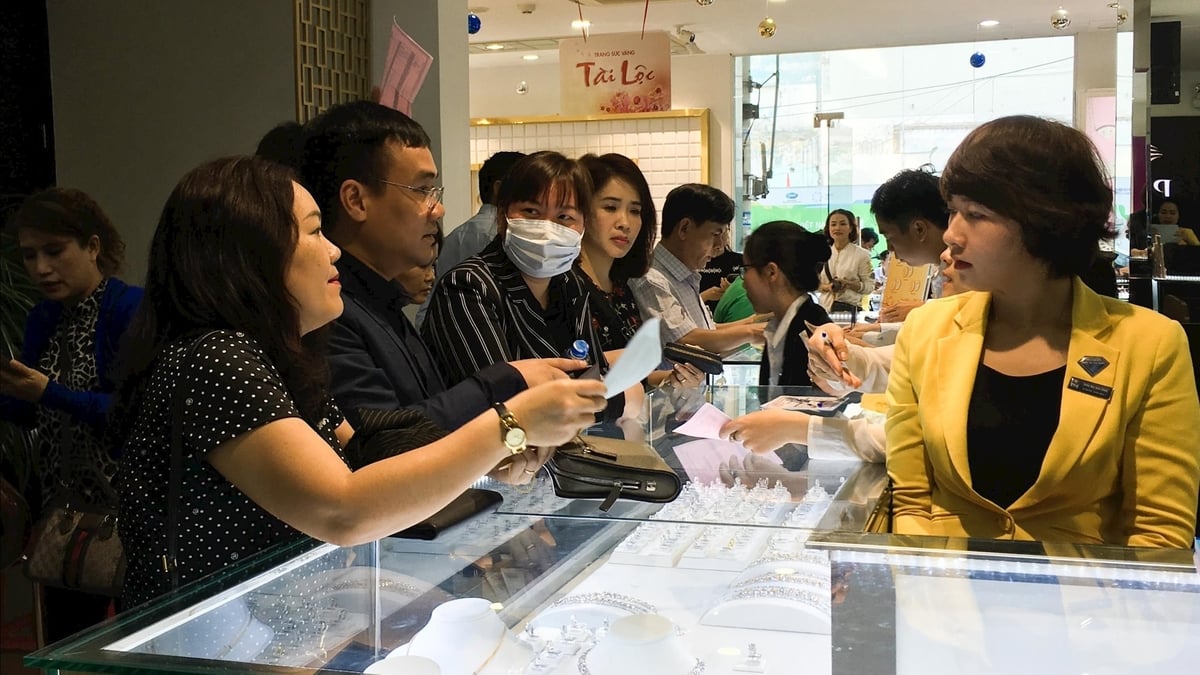
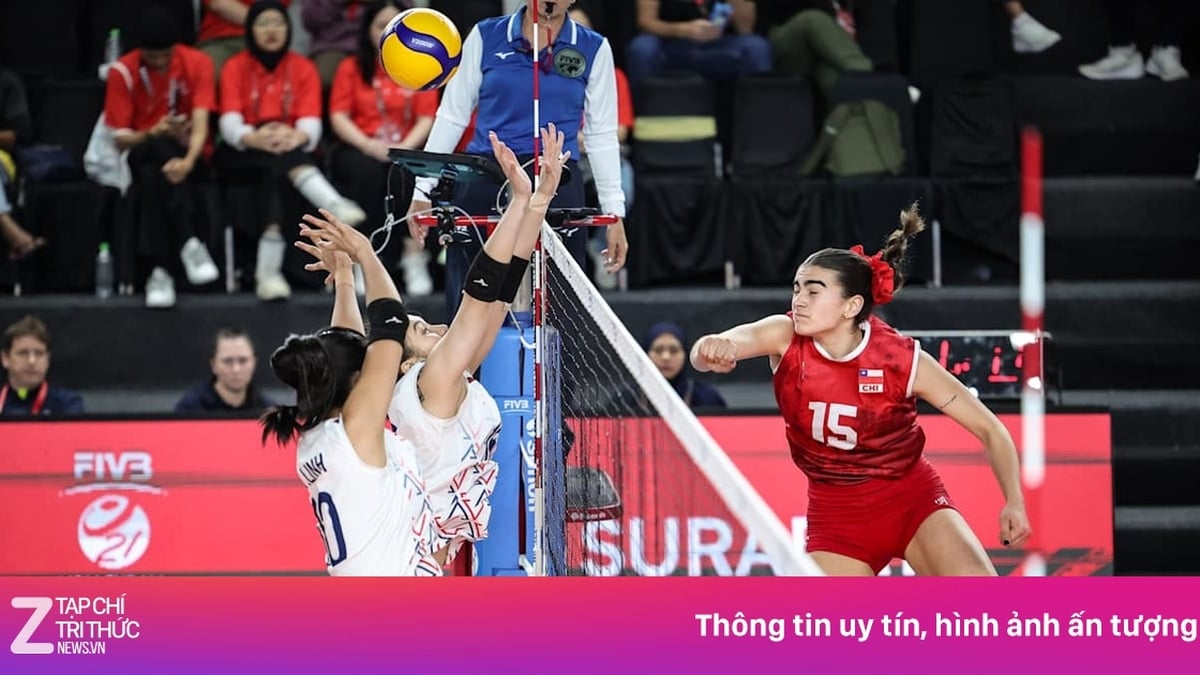
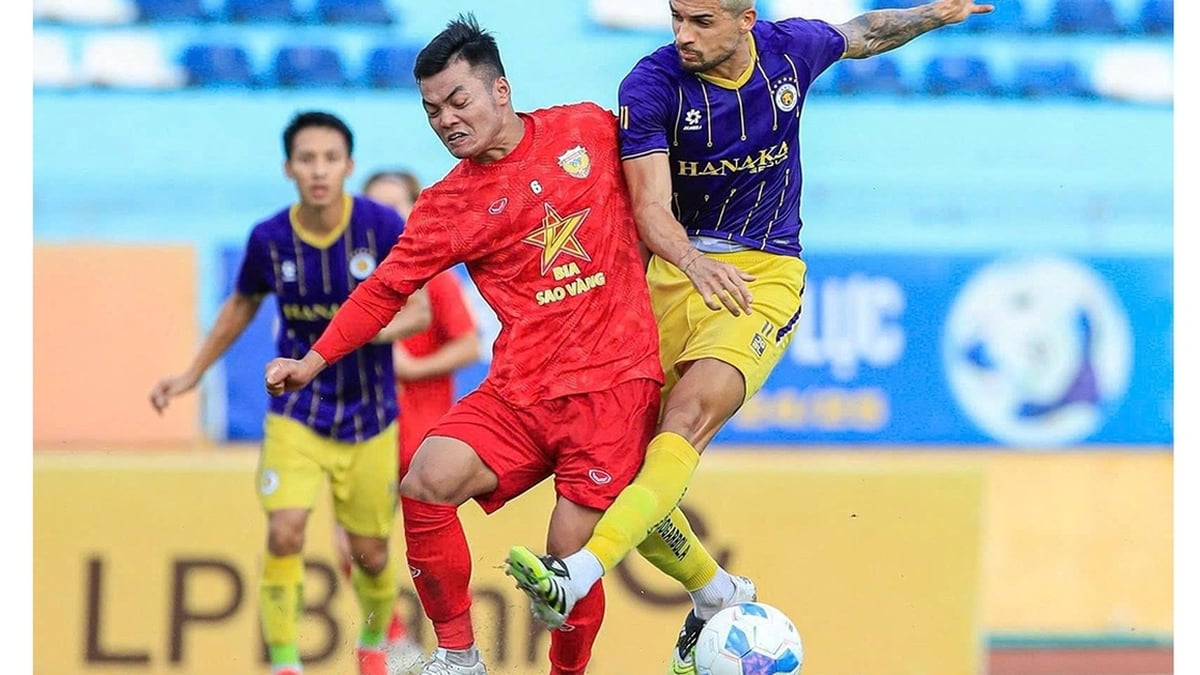

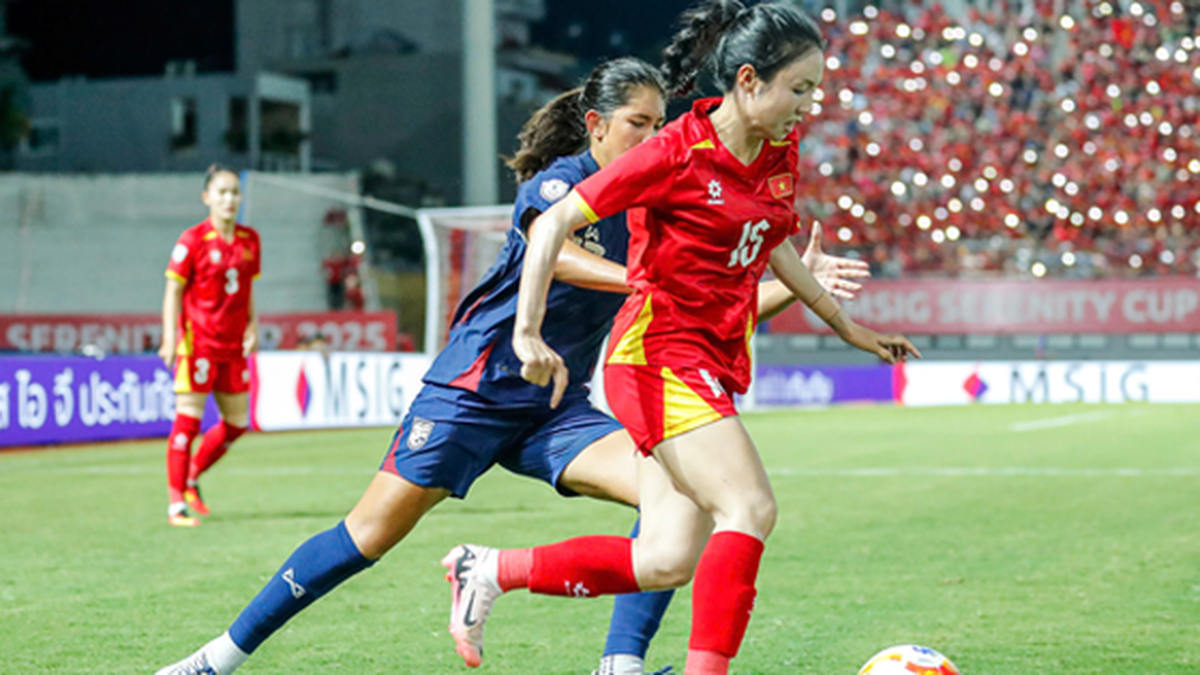

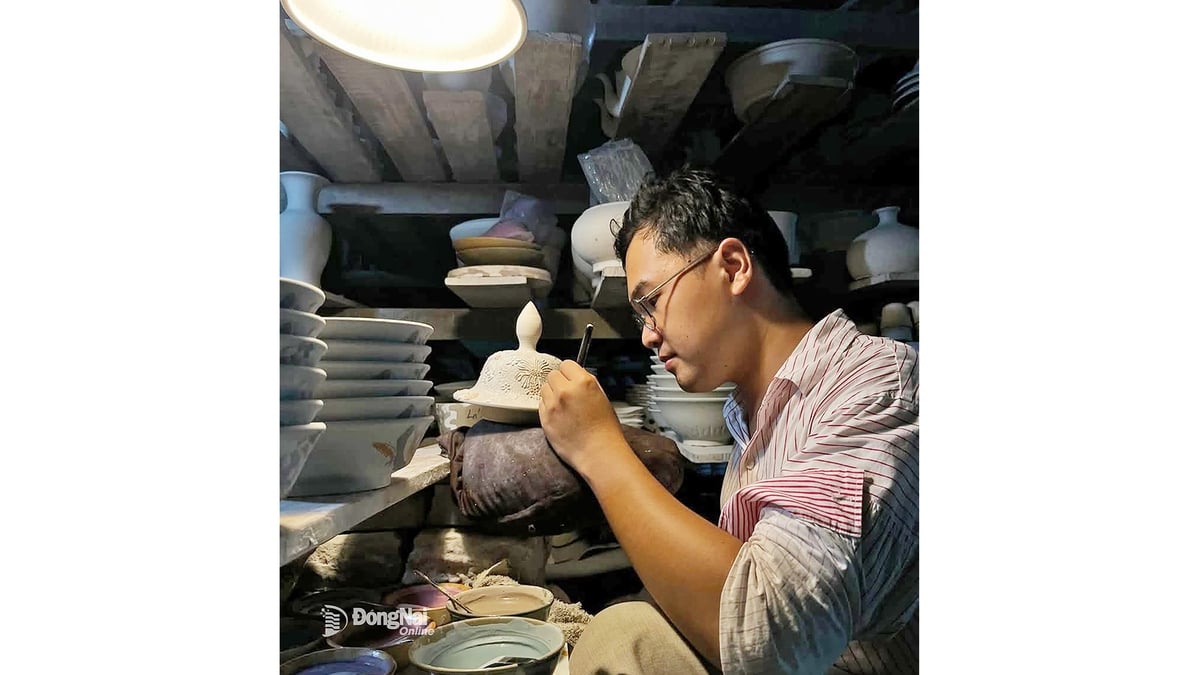
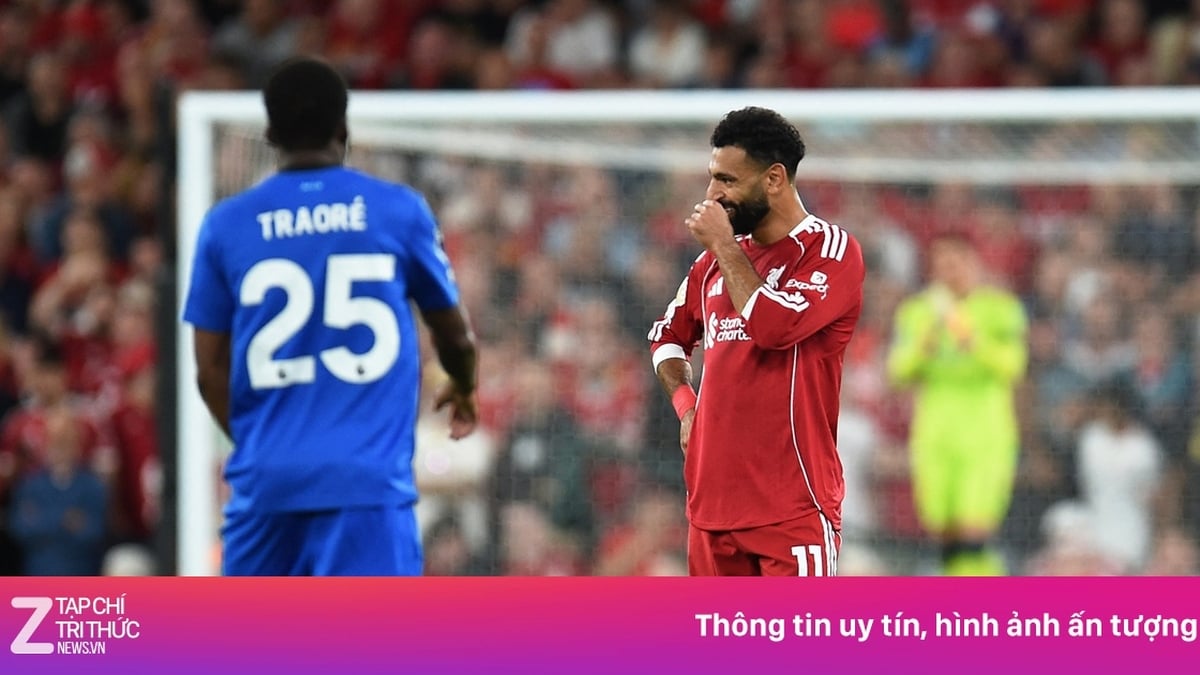











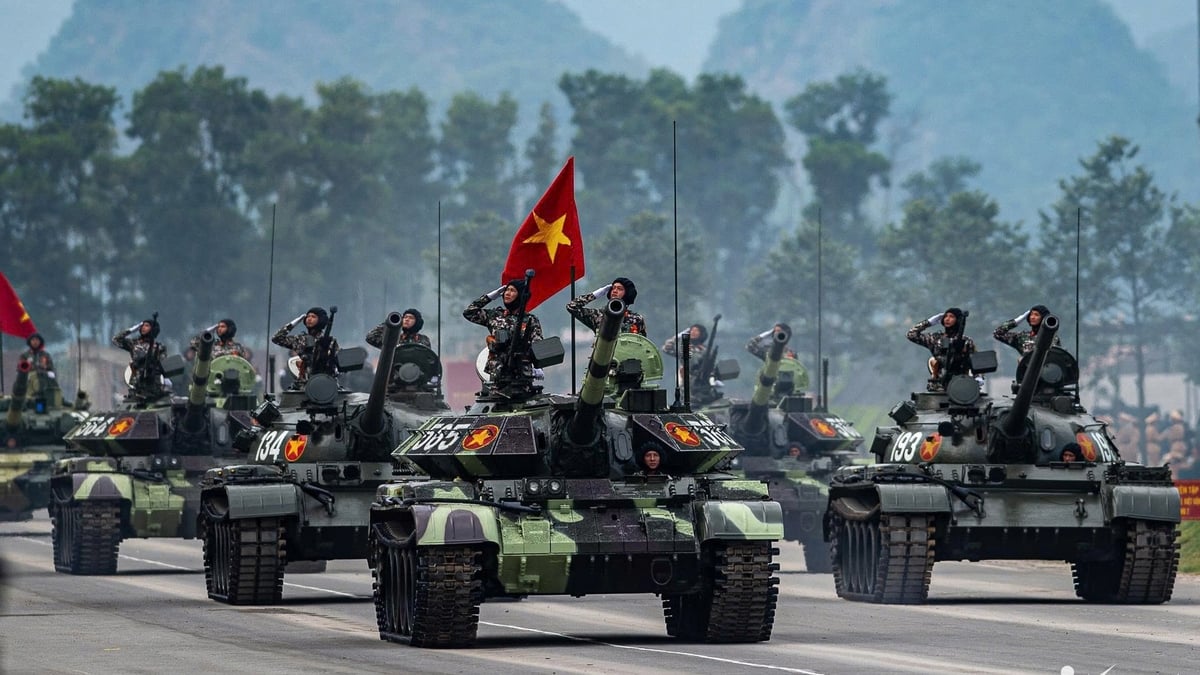
![[Photo] Binh Khanh Bridge Ho Chi Minh City is ready to reach the finish line](https://vphoto.vietnam.vn/thumb/1200x675/vietnam/resource/IMAGE/2025/8/14/b0dcfb8ba9374bd9bc29f26e6814cee2)
![[Photo] The special solidarity relationship between Vietnam and Cuba](https://vphoto.vietnam.vn/thumb/1200x675/vietnam/resource/IMAGE/2025/8/15/5f06c789ab1647c384ccb78b222ad18e)
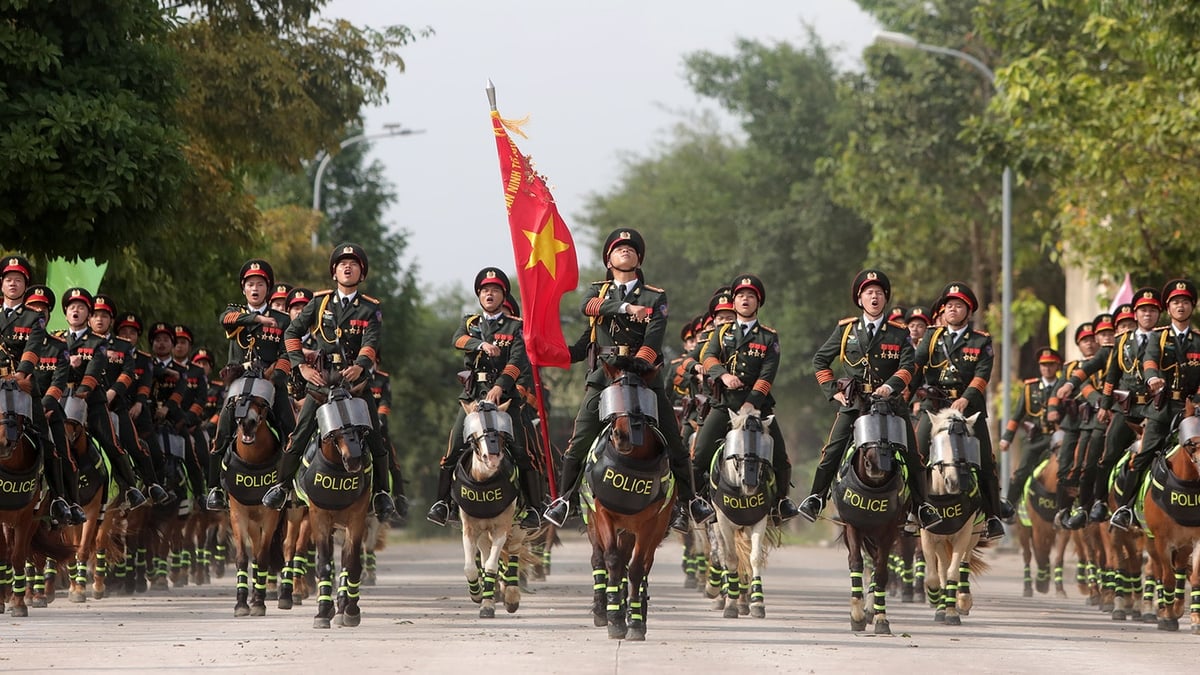
![[Photo] Firmly marching under the military flag: Ready for the big festival](https://vphoto.vietnam.vn/thumb/1200x675/vietnam/resource/IMAGE/2025/8/15/86df2fb3199343e0b16b178d53f841ec)
![[Photo] Prime Minister Pham Minh Chinh attends a special art program called "Hanoi - From the historic autumn of 1945"](https://vphoto.vietnam.vn/thumb/1200x675/vietnam/resource/IMAGE/2025/8/15/c1c42655275c40d1be461fee0fd132f3)


![[Photo] Prime Minister Pham Minh Chinh talks on the phone with Cambodian Prime Minister Hun Manet](https://vphoto.vietnam.vn/thumb/1200x675/vietnam/resource/IMAGE/2025/8/15/72d3838db8154bafabdadc0a5165677f)













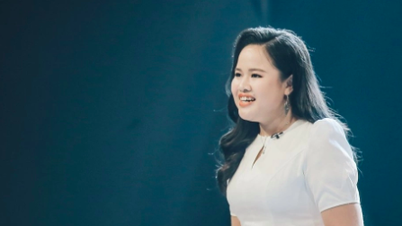

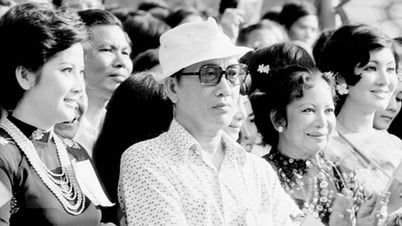





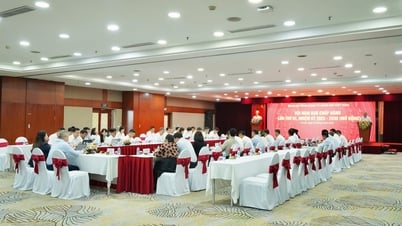




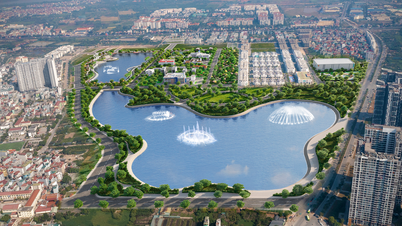
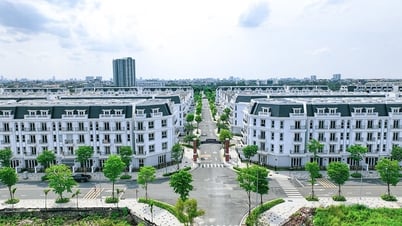
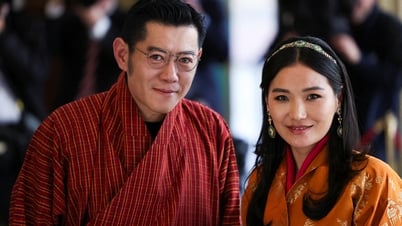

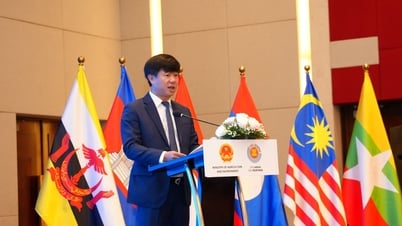

![[Photo] President Luong Cuong receives Finnish Ambassador to Vietnam Keijo Norvanto](https://vphoto.vietnam.vn/thumb/402x226/vietnam/resource/IMAGE/2025/8/15/9787f940853c45d39e9d26b6d6827710)
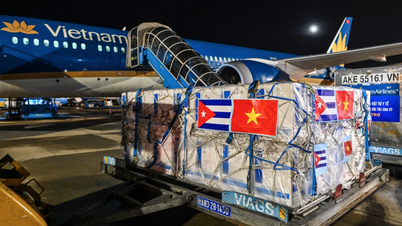

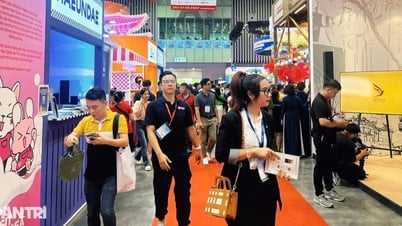

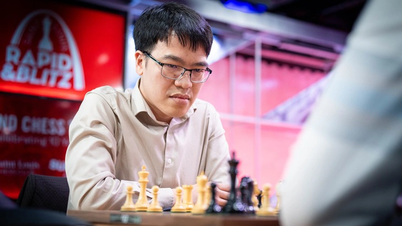
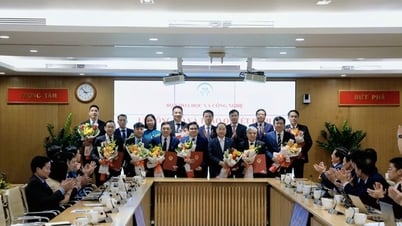

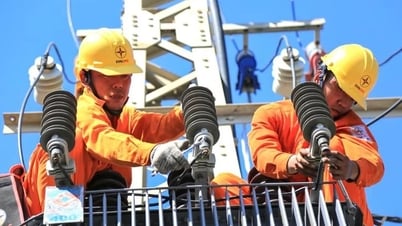

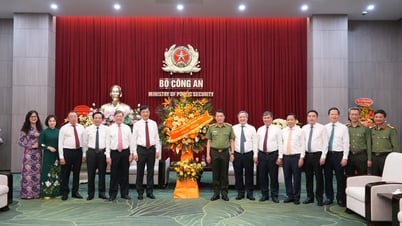




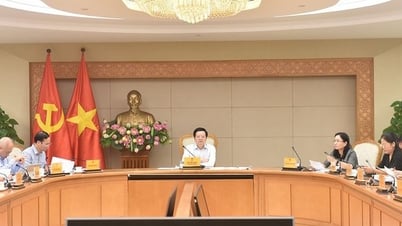





















Comment (0)